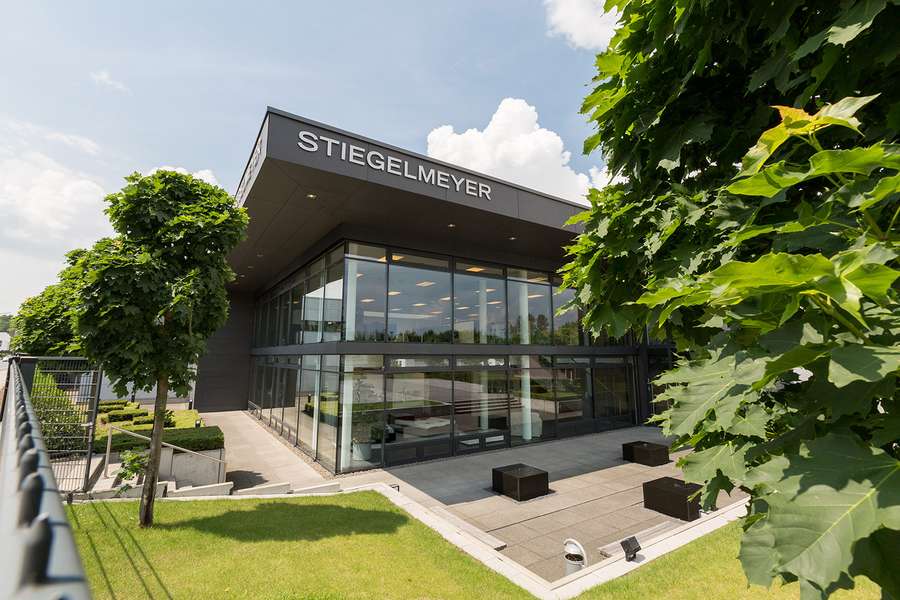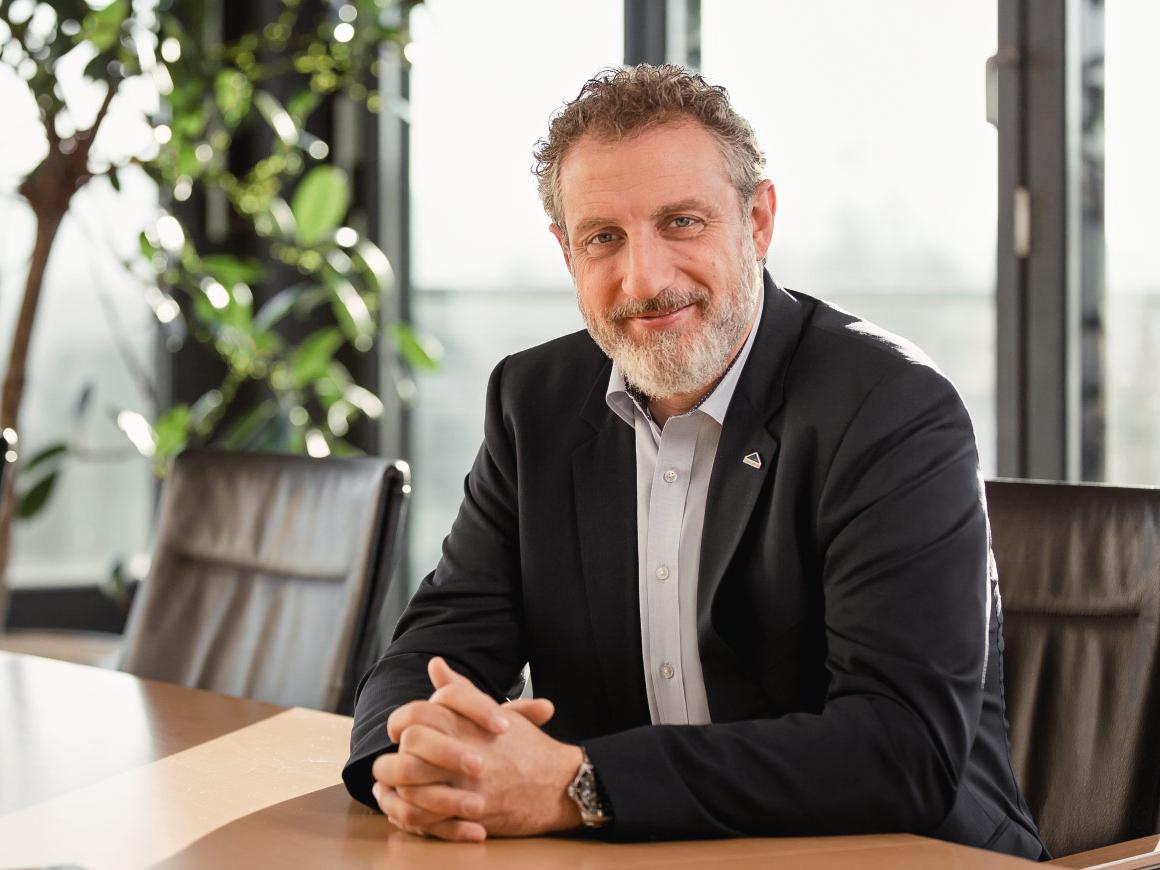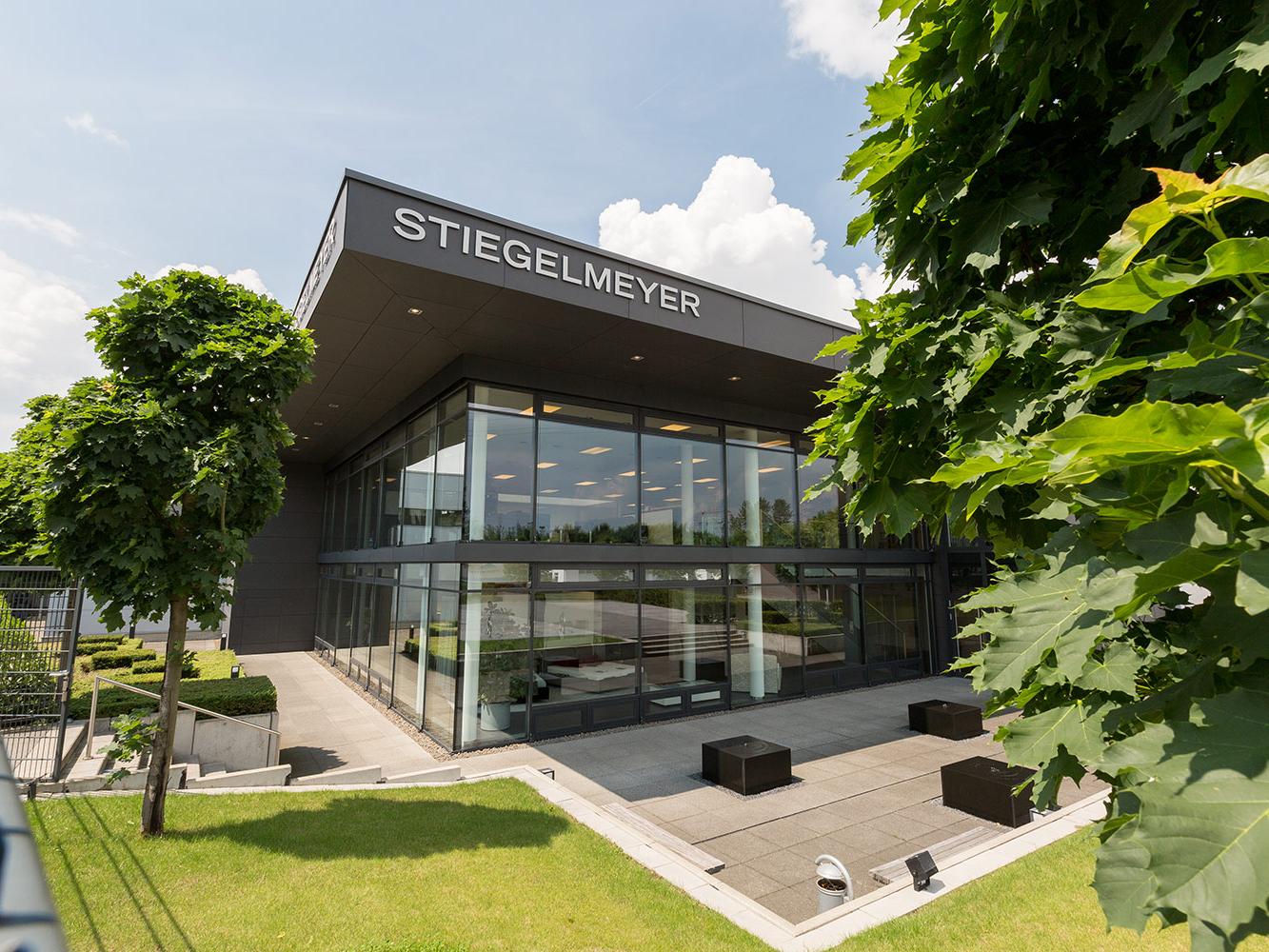
Georgios Kampisiulis Kemmler does not enjoy being in the spotlight. Yet, his family’s company has been recording increasing sales for years. Stiegelmeyer equips hospitals and nursing homes with high-quality beds and furniture. These are currently in such demand that customers are prepared to accept long delivery times.
The Kemmler family of shareholders prefers to remain low-key. Yet, the CEO is happy to take the time out to talk about his industry and the development of the company. In 2016, the Stiegelmeyer-Group achieved turnover of more than €144 million and continues to grow.
How do you see economic growth?
We are focused on global growth. Our latest products have been enthusiastically received at national and international trade fairs. In Germany, for instance, the number of hospital beds overall is stagnating – but we succeeded in considerably expanding our market share again in 2017 in spite of this difficult environment. We are by far the German market leader in the hospital, nursing home and home care sectors. This shows that our products and services meet the requirements of our customers perfectly.
That sounds like real passion for your company.
Our family has accompanied and shaped the medical technology sector for more than a century. Personal commitment and passion are indispensable. Stiegelmeyer has grown from a simple mattress base frame manufacturer into a globally active company with over 1,100 employees. The fact that the shareholder family plays an active role in the management of the company is what sets us apart from comparable companies that belong to investment companies.
Medical technology is considered an innovative industry, but is under considerable price and innovation pressure. Is this also true for bed manufacturers?
Yes, the industry continues to develop and demands new responses from us. Electronic assistance systems, for example, are becoming increasingly important, hygiene requirements are growing, and easing the burden on care staff is also important. Safety, comfort and quality of life are now much more important in all areas of care, and we support this with new technical approaches and attractive design.

How has the relationship with customers changed in recent years? Is there still such a thing as a real partnership?
Yes, especially in Germany we’ve been working closely and successfully with many customers for decades. In the export markets, the willingness to switch and the choice of the cheapest supplier are more important these days. Ultimately, however, we sell our products through high performance and quality, not through low prices. Our customers rightly expect that the beds will function just as well in more than 10 years’ time as they do today.
Against the background of aggressive dumping suppliers, what future do family businesses still have in the industry?
I am convinced that family businesses have a future and their importance will continue to grow! Hospitals and nursing homes want to make safe investments and, even decades after procurement, still buy spare parts and additional beds as well as take advantage of services. With us, they know that you can plan for the long term. As part of the shareholder family, I will lead the company into the next generation. The course has already been set.


